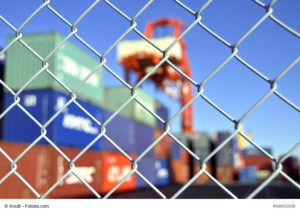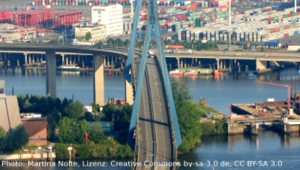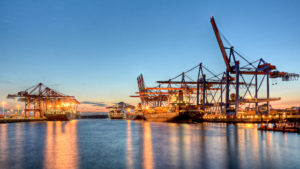
The world is struggling to comprehend the implications of Donald Trump’s election as United States President, including the isolationist, protectionist and anti-trade policies he advanced during the campaign. His election, along with the United Kingdom’s approval of the Brexit referendum in June 2016, has shaken the principles which underpin the G20, namely the pursuit of closer international cooperation.




